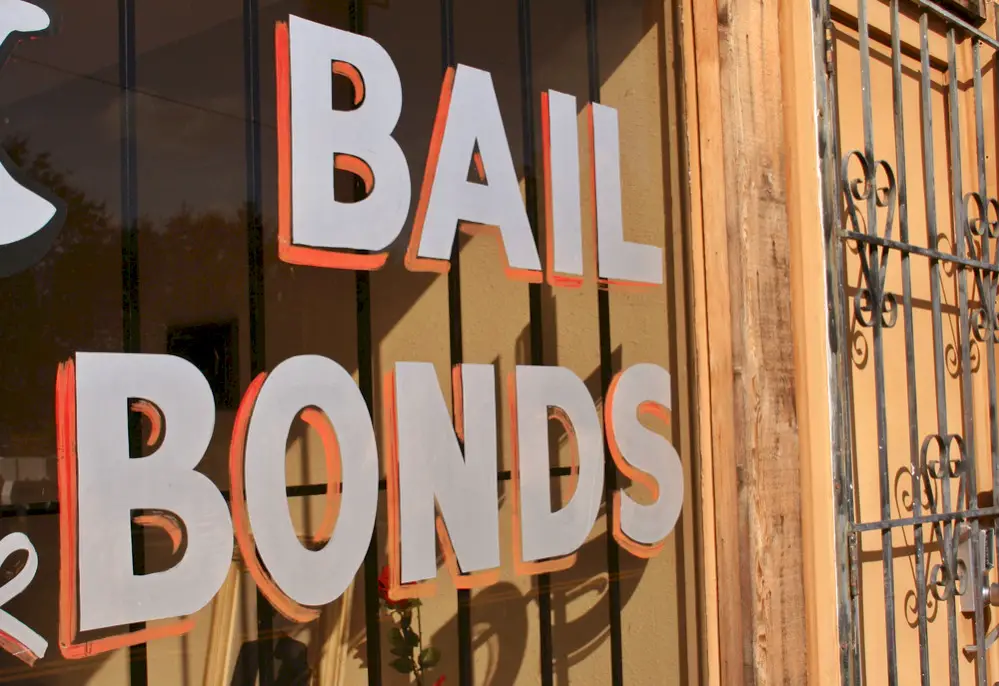
With every bail bond process there is the possibility of having someone cosign your bail bond. But there are pros and cons to the process. There are definitely some advantages to getting a cosigner for your bail bond, but there are drawbacks, too.
And this is a high-stress situation, and you’re going to need to make a quick decision so that you can be released from jail. So what should you do if you need a cosigner?
And what are the pros and cons of being a cosigner on a bail bond?
The Pros of Bail Bonds with a Cosigner
- As the cosigner, there will be bail bond cosigner responsibilities. You are going to be financially responsible for the defendant. This means that you will want to make sure that the defendant follows through on their obligations: meeting their court dates, following the bond requirements, and keeping their nose clean so that they won’t break the terms of their bail. You want to make sure that they keep their noses clean so that the rest of the process will go smoothly.
- As the cosigner, if you sign a bail bond for someone, it is imperative that you make sure they meet their court dates. It’s your money riding on this, so you need to make sure–before you ever start this process–that you trust the person in the bail bond agreement, but you also will need to be their conscience, making sure they’re following all the rules.
- Fortunately, as the co-signer of a bail bond, you are not trapped. You can legally withdraw from the bail bond if you come to the determination that you cannot believe the defendant’s word.
- As the cosigner, you can make mandates for the defendant, like drug testing, to make sure that your bail money isn’t lost when the defendant gets inevitably returned to jail.
The Cons to Bail Bonds with a Cosigner
- A bail bond is a legally binding agreement between you and the bail bondsman. You are now financially responsible. You are obligated to pay additional fees if necessary and to pay the full amount of the bail if the defendant skips court.
- What happens if I cosign for a bail bond and the defendant doesn’t follow through? You could lose any collateral, like a vehicle, that you have put up for the bail bond.
- You will be under an enormous amount of pressure to make sure that the defendant–often a family member–is doing all the things necessary to get you back your bond amount, and this includes especially showing up to court.
Should You Become a Co-Signer on a Bail Bond?

There are bail bonds that don’t need a cosigner, but cosigners are very often required. It’s common that defendants don’t have the money they need to pay a bail bond company what is needed for the bond amount.
Does that mean you shouldn’t do it? Not necessarily. Often the defendant is someone you love and, hopefully, trust. You will want what’s best for them, while still maintaining your financial security.
Cosigning with a bail bondsman is one of the kindest things you can do, but it’s also risky. Make sure you think it through before you do it.